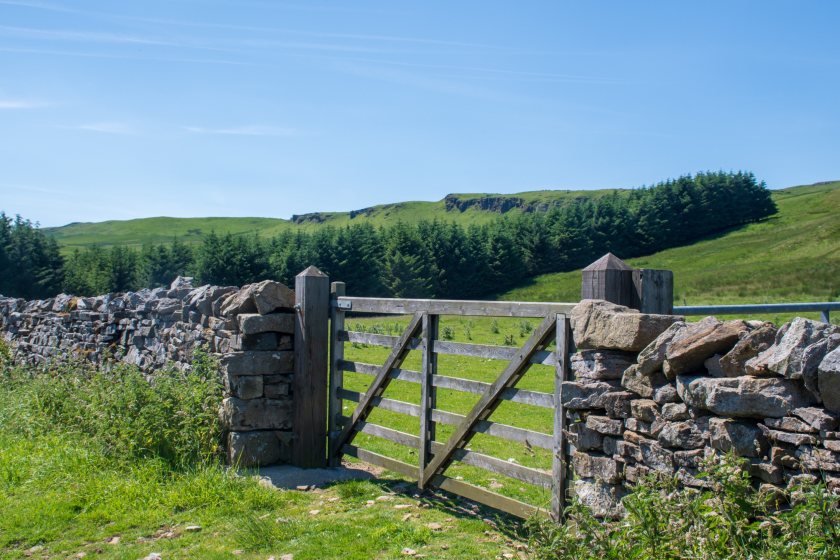
Victims of on-farm crime are being asked about their experiences for new research which aims to demonstrate the extent of the issue to government.
Farmers and their families are being asked about rural crime, how it has affected them and who they think it committing these crimes.
The Harper Adams survey, which is available to complete online, particularly wants to hear about experiences with incidents over the last 12 months.
It comes as the cost of rural crime cost the UK nearly £53 million last year, as thieves continue to raid farms for expensive items such as tractor GPS units.
Quad bikes and ATVs were also top targets for rural thieves, with thefts up 9% to an estimated £3.2m in claim costs reported to NFU Mutual last year.
Rural Criminologist Dr Kreseda Smith – who has launched the survey and has been tracking rural crime for several years – wants to know impact that these crimes have on farmers' mental health.
She said: "There are some questions relating to the impact of crime on their mental health, and so these may be distressing for victims and their families.
“Previous research has shown that there is a clear link between agricultural crime and its effect on farmer mental health.
“Such effects include anxiety, lack of sleep, and depression, all the way through to more extreme responses - including suicidal thoughts and behaviour.”
Dr Smith is director of the wider Rural Resilience Research Group at Harper Adams, which examines emerging risks to food chain resilience, such as rural crime.
She hopes the findings will help show the extent and effect of rural crime, moving the issue up the agenda for policymakers and ensuring it gets the attention it requires.
She said: “Most research focuses on property crime, such as theft of tractors or livestock, but the impact of organised criminality is felt much wider in terms of crimes committed, and the short- and long-term effects of such crimes.
Dr Smith added that evidence that agricultural crime was organised in nature had been increasing since the mid-2010s.
“The challenge for us as criminologists is to create a collective bank of evidence to underpin calls for rural and agricultural crime to be recognised as serious organised crime by key stakeholders and to ensure it is resourced and supported properly.
"This survey will go some way to adding to this evidence," she explained.
The online survey is open to anyone over 18 working in the farming sector and is completely anonymous.
